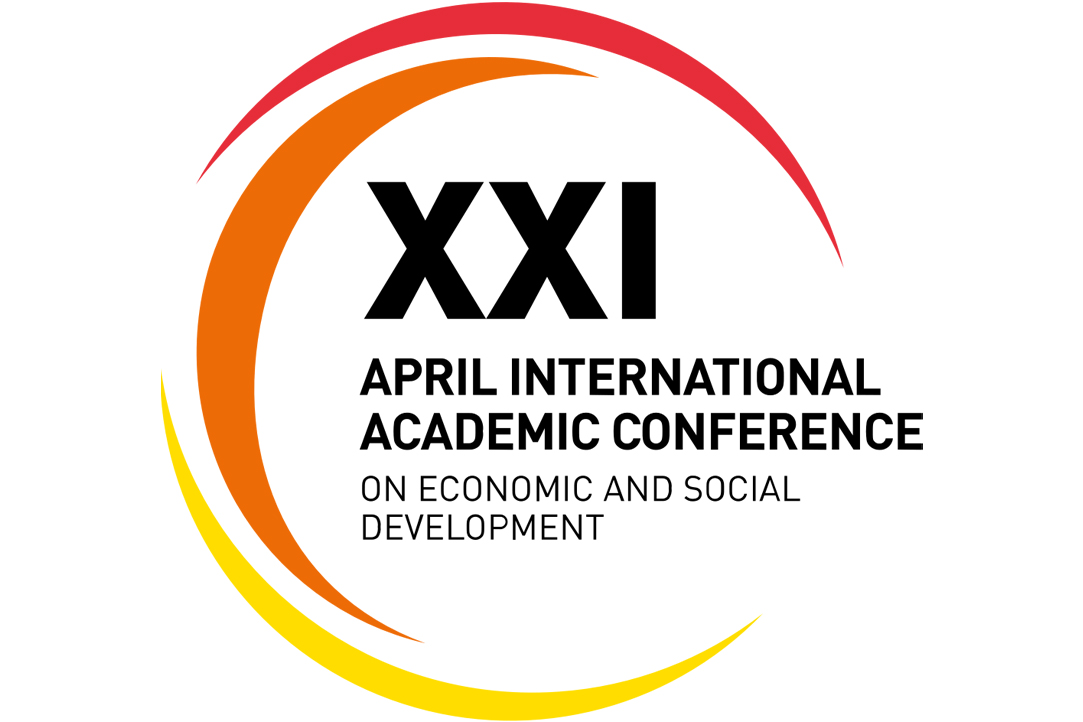
HSE Experts Analyze the Lifting of Quarantine Restrictions in 30 Countries
In a recent report, HSE experts evaluated the world’s 14 countries hit hardest by the COVID-19 pandemic based on data (including the number of recorded deaths) from May 1, 2020 or later. The report also examined 16 other countries whose experience was considered significant. While refraining from making generalizations, experts nonetheless noted that leaders in Europe and the United States have generally not responded to the situation as effectively as their Asian counterparts. Africa, meanwhile, follows its own course, while the situation in Brazil is worse.
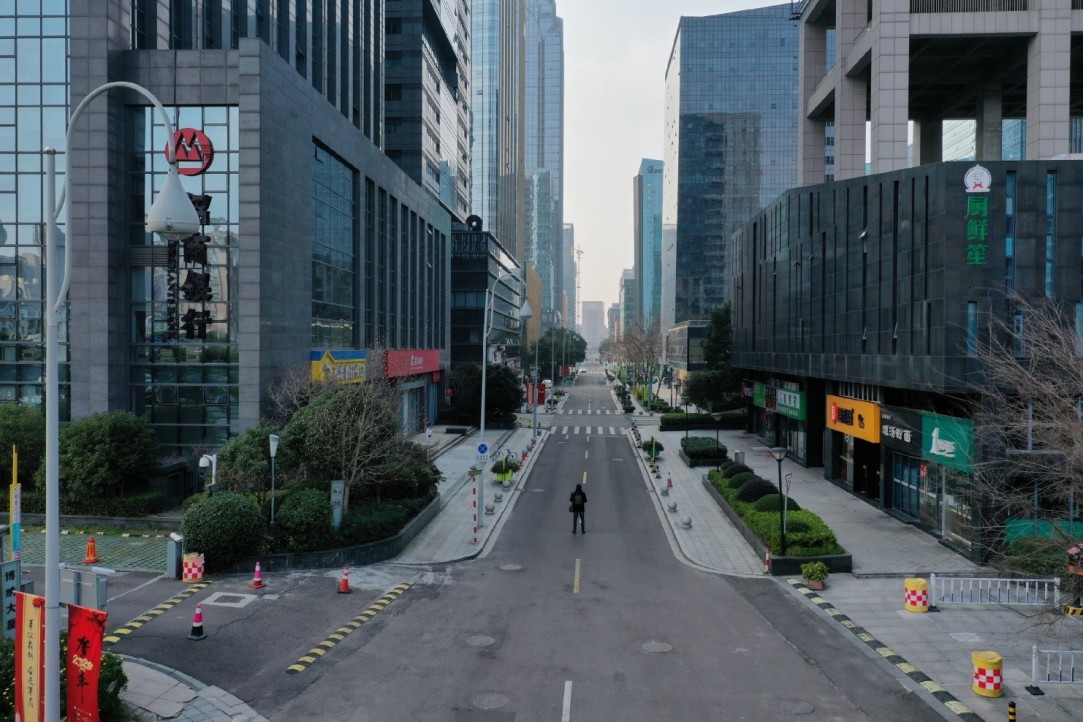
Up Close with the Epidemic: From Russia to China and Back
China was the first country to be hit by the coronavirus, and other countries have looked to its handling of the outbreak as a model. Former HSE student Sergey Stepanov, who has been studying and working in China for the past four years, shared his personal experience with the COVID-19 outbreak while in China.
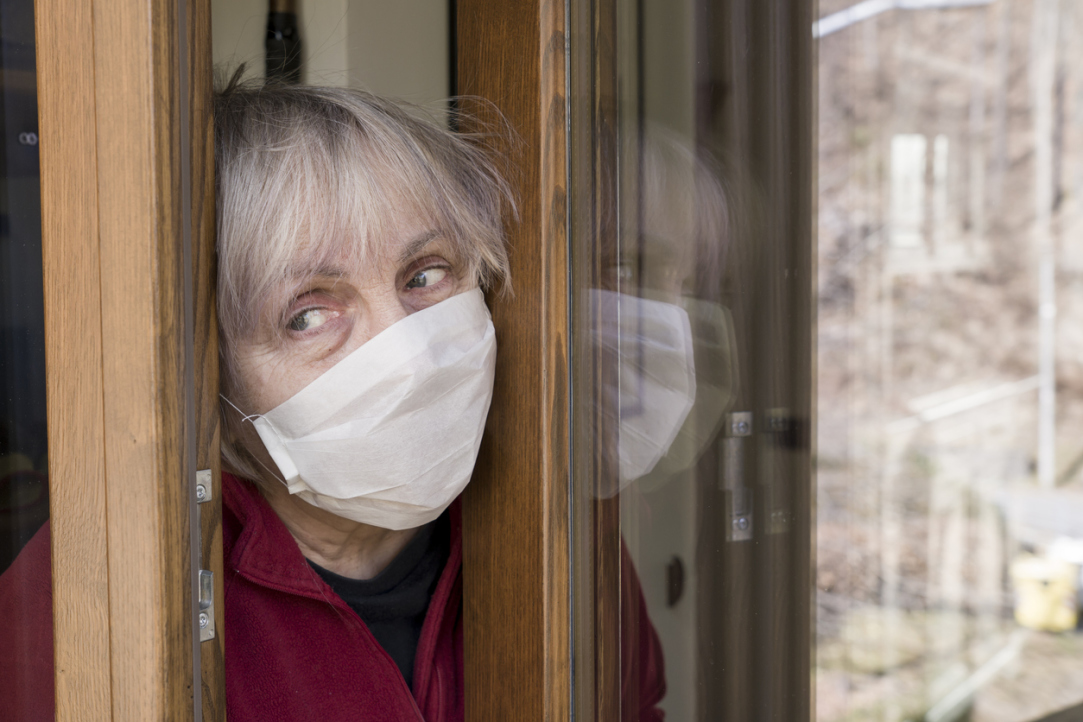
Meeting Happiness: How Social Activity Affects the Well-being of Europeans over 50 Years Old
The Covid-19 pandemic has severely restricted social contacts for people everywhere, and especially for the elderly. Yet, HSE researchers found that meeting with friends and relatives was one of the key conditions for happiness among Europeans aged 50 and older. In fact, such social contacts were just as important for them as their health, material well-being, or professional fulfilment. The report on the results of the study was prepared for the XXI April International Academic Conference on Economic and Social Development.
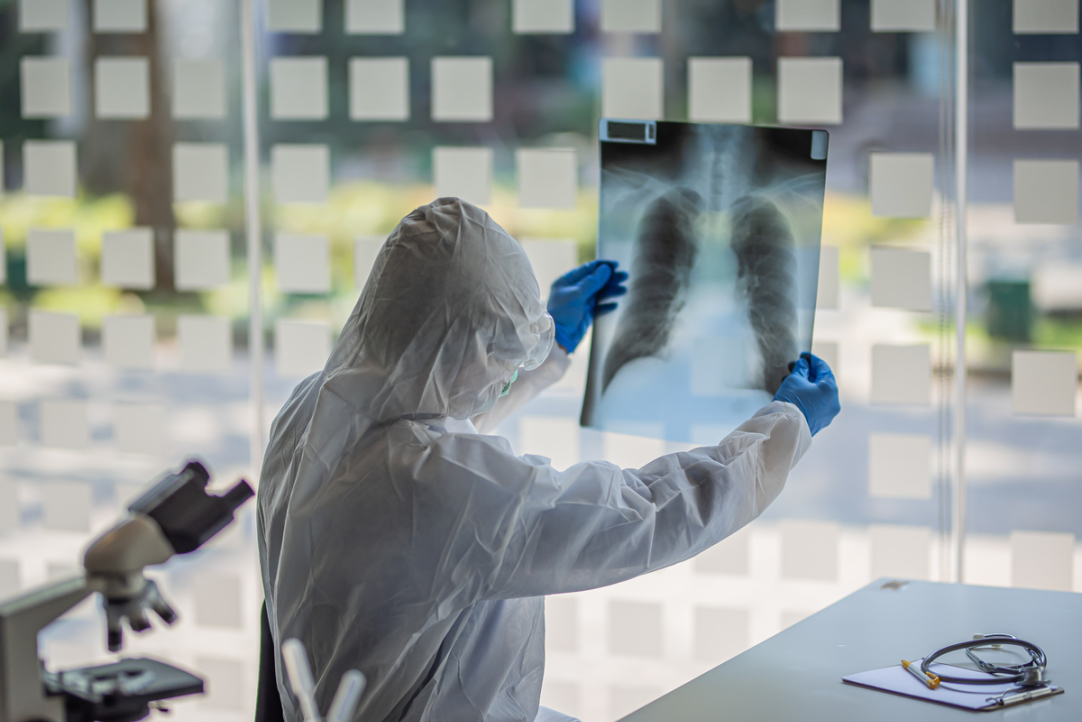
Unknown Mortality Rate: Why We Don’t Know the True Scale of COVID-19
Demographers have been thrust to the frontlines of the world’s efforts to evaluate the coronavirus pandemic, but so far without any weapons. Lacking data, they cannot reliably assess the situation. And this is despite the fact that the Internet, it would seem, is flush with statistics. A webinar hosted by the HSE International Laboratory for Population and Health discussed the paradoxes of quantitative approaches to COVID-19. IQ.HSE spoke with webinar participants Vladimir Shkolnikov, Inna Danilova, and Dmitry Jdanov.
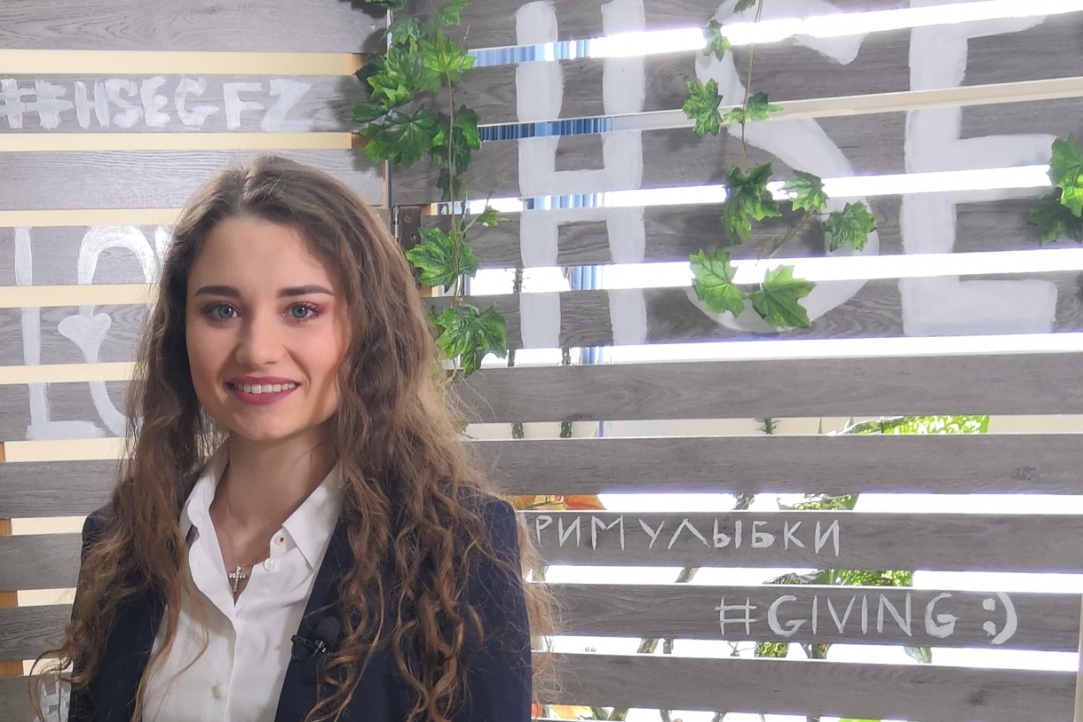
‘Data Mining Can Help Forecast the Pandemic Situation with an Accuracy Within 2.5%’
A mathematical model of Covid-19 spreading in Nizhny Novgorod Region, which has been created by the Big Data Laboratory at Nizhny Novgorod Development Strategy Project Office, has been widely discussed in the media and on social networks. The research was led by Anastasia Popova, a master’s student of HSE University in Nizhny Novgorod, repeat winner of machine learning competitions, and winner of Ilya Segalovich Award by Yandex. In the following interview given on April 15, Anastasia speaks about how the model was developed, the data it uses, and long-term potential applications.
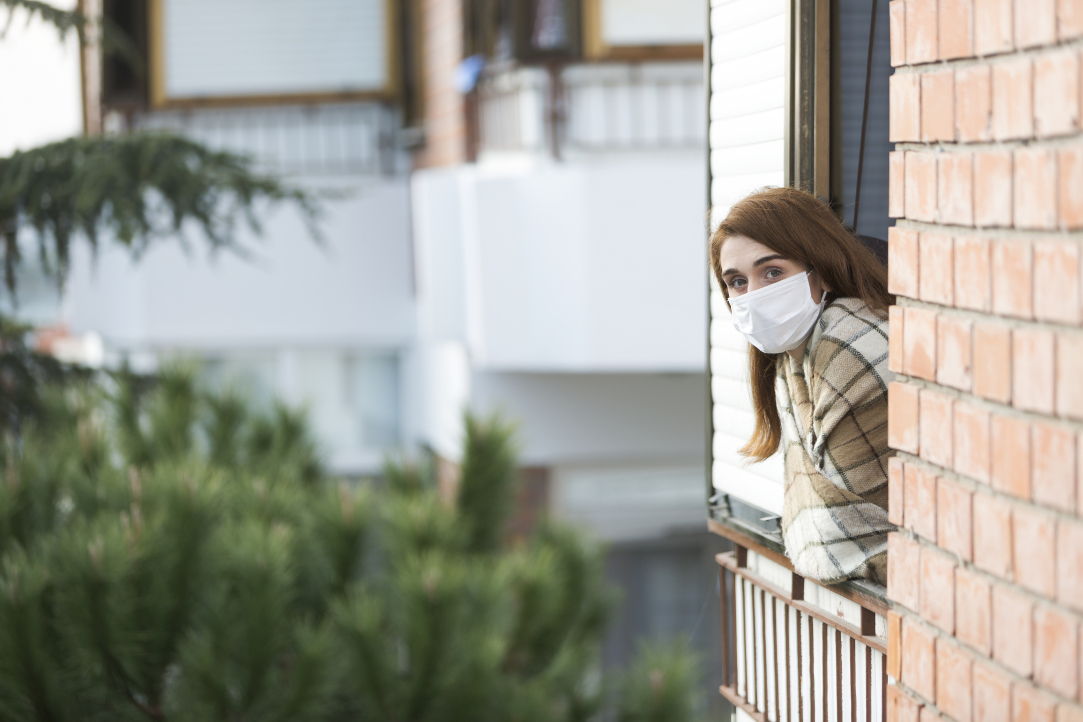
HSE University Re-Launches Monitoring Study of the Population’s Social Well-Being
The HSE Institute for Social Policy is renewing its monitoring of the population’s socio-economic status and social well-being. The first issue includes a 2019 summary and short analysis of the trends related to the Covid-19 pandemic. Experts have concluded that many unfavourable trends were not overcome last year and that the current crisis will worsen the situation.

HSE Alumnus Develops ‘Smart Glasses’ for Doctors Treating COVID-19 Patients
In late March at the Kommunarka COVID-19 Hospital outside of Moscow, a pilot project was launched that allows healthcare professionals to coordinate their efforts remotely while working with coronavirus patients. The system, which is run using ‘smart glasses’, is now in operation at ten Moscow hospitals. Ilya Flaks, a graduate of HSE’s Master’s Programme in E-Business and project founder, spoke with the HSE News Service about how the smart glasses help doctors and what prospects lie ahead for using virtual reality (VR) in health care.

Countries Strengthen Scientific Cooperation in Response to Coronavirus Pandemic
The OECD Committee for Scientific and Technological Policy (STP) held its first meeting of the year in early April. HSE staff members Mikhail Gershman, Dirk Meissner and Elena Sabelnikova joined Ministry of Education and Science representatives as members of the Russian delegation to the event. Here, they explain which approaches participants discussed for combating the coronavirus and for preventing other global crises.
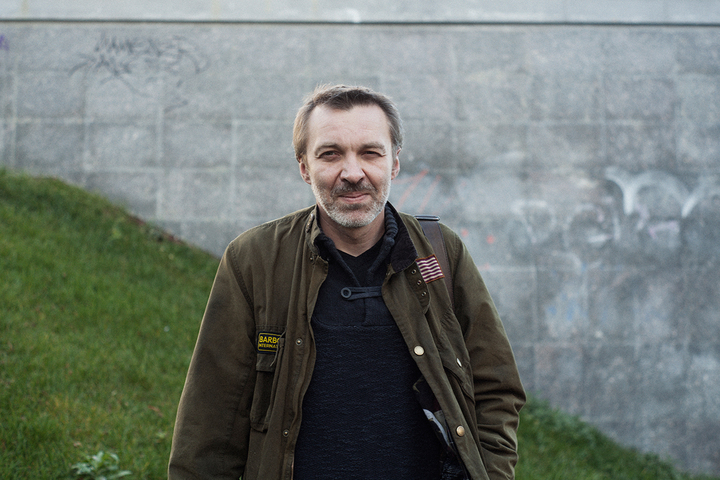
A Viral Critique of Modern Society
The coronavirus pandemic is transforming modern society, reviving old social practices and formulas such as the Russian ‘flat-car-dacha’ principle, while opening new technological frontiers and creating new cultural skills. Professor Vitaly Kurennoy, Head of HSE’s School of Cultural Studies, discusses these issues in an op-ed for Izvestiia. Read the full translation of the article below.

Online Courses and Psychological Assistance: How HSE Volunteers Are Working During the Pandemic
On March 18, the Older Generation Support Centre opened at HSE University. HSE News Service continues to interview students and employees of the university who are helping senior citizens through the difficulties of self-isolation by delivering medicine and food, sharing useful information, and holding online classes. Today, volunteers who teach foreign languages to pensioners speak about how they have become volunteers.


Applications are submitted until August 17, 2025